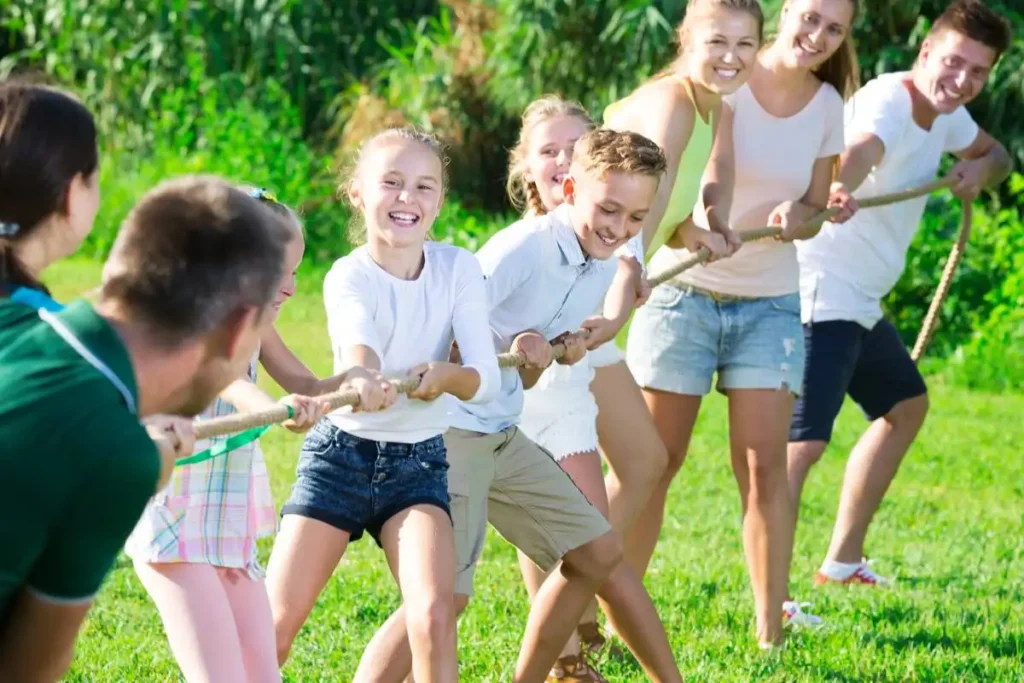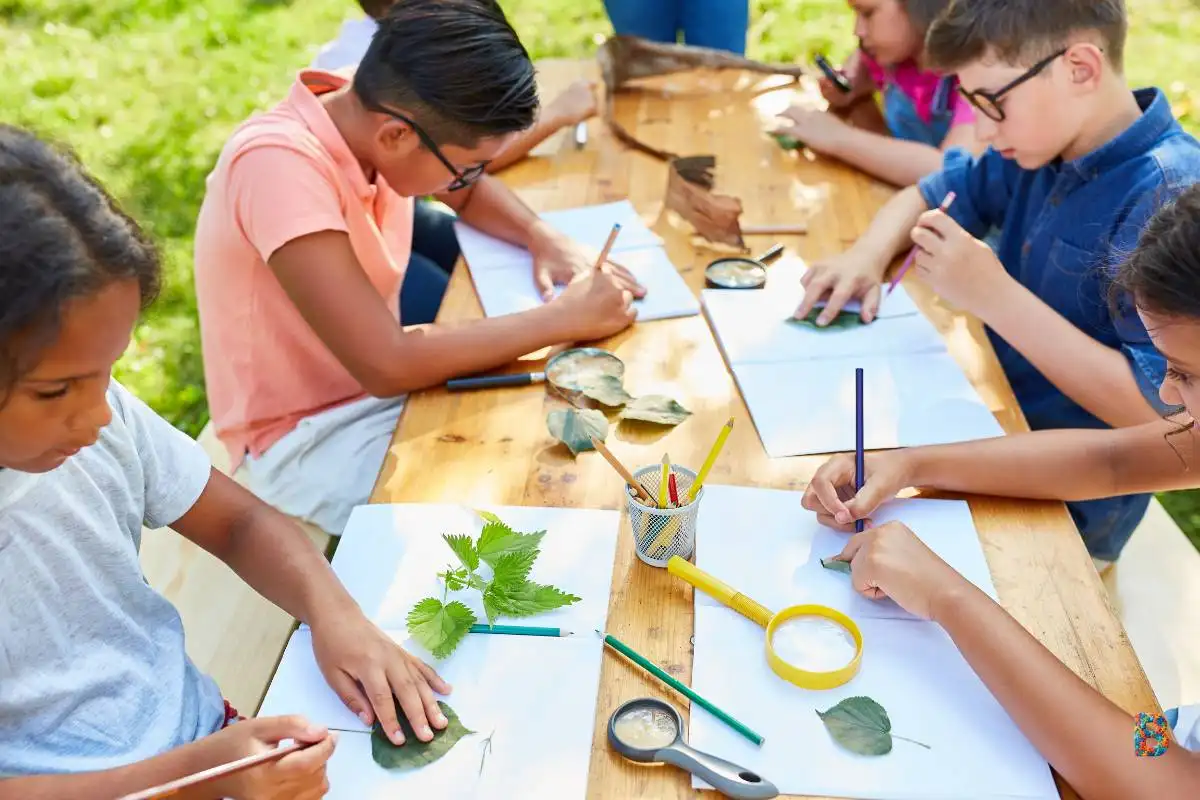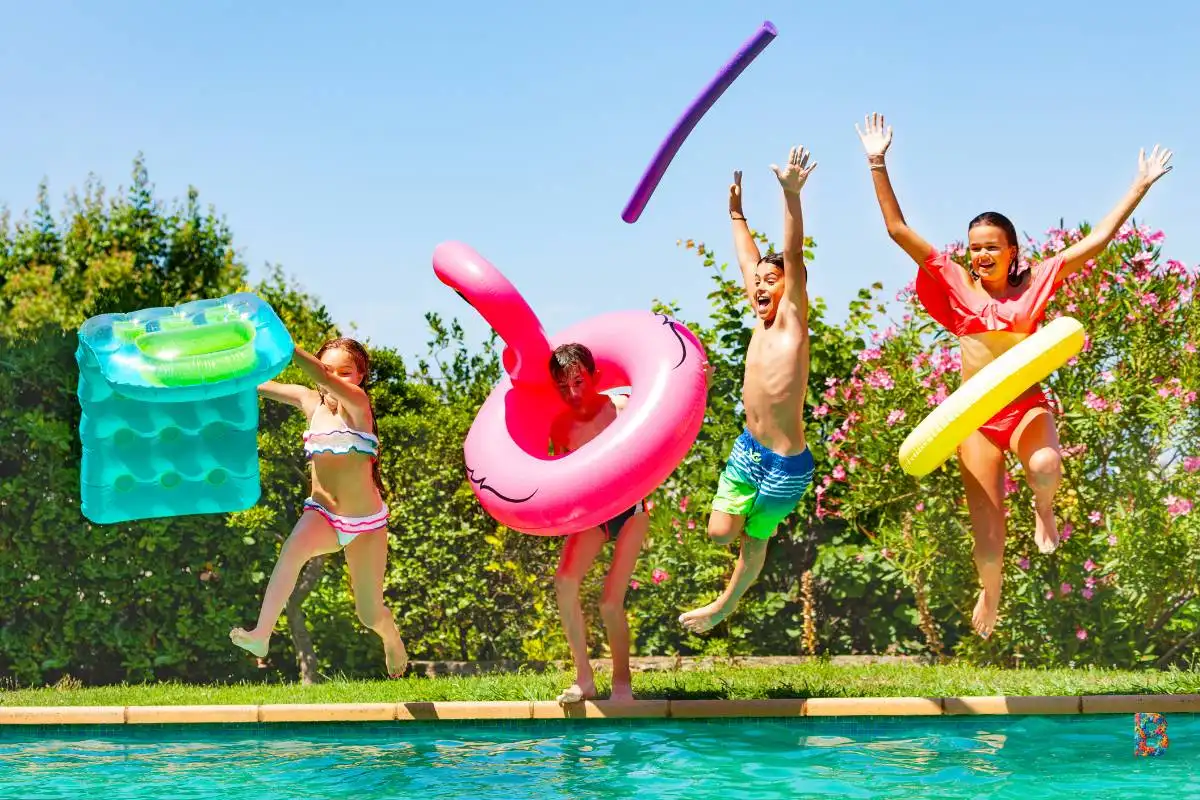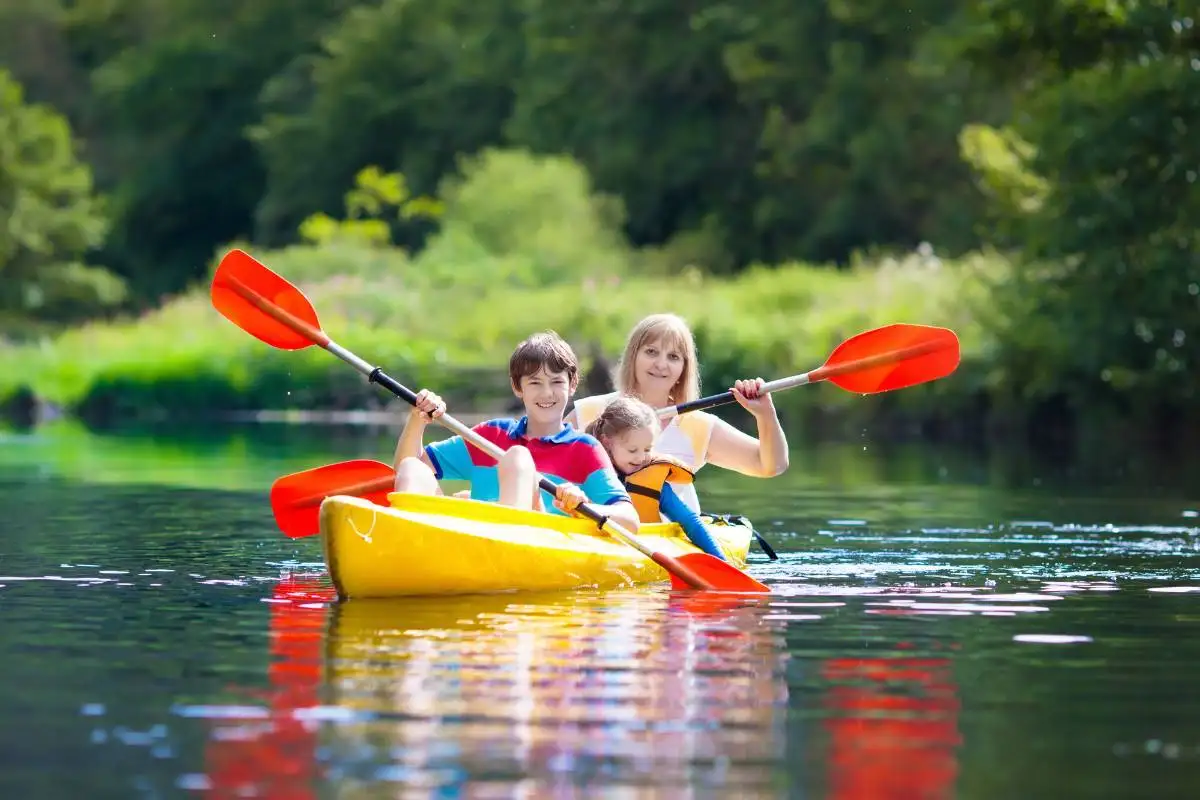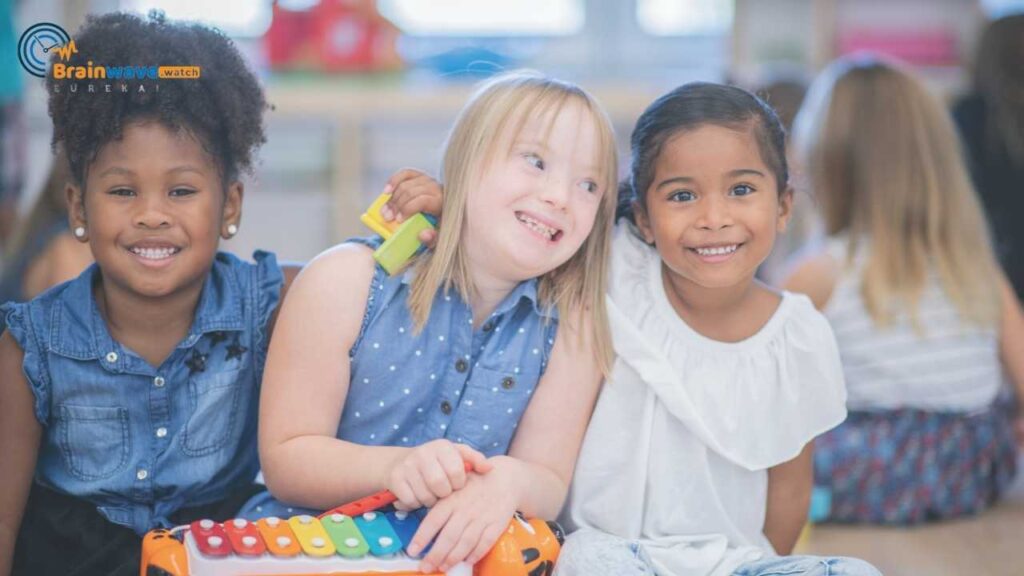The carefree days of summer are here, but keeping teens entertained for weeks on end can be a challenge. For autistic teens, who may have sensory sensitivities or social anxieties, navigating the usual summer activities can be even trickier. But fear not! This summer, with a little creativity and planning, you can create a season filled with fun, exploration, and activities that cater to your teen’s unique interests.
Sensory and cognitive issues are also common in people with ASD. They may be hypersensitive or hypersensitive to certain sensory inputs, such as touch, sound, and light. This can lead to sensory overload or sensory-seeking behavior. People with ASD may also have difficulty with executive function, which can affect their ability to plan, organize, and complete tasks.
Planning Inclusive Summer Activities
When planning summer activities for autistic teens, it is important to ensure that the activities are inclusive and meet the individual needs of each teen.
Assessing Individual Needs
Before planning any summer activities, it is important to assess the individual needs of each autistic teen. This can be done by consulting with the teen, their parents, and any healthcare professionals involved in their care. Some factors to consider when assessing individual needs include:
- Sensory preferences and sensitivities
- Communication abilities and preferences
- Physical abilities and limitations
- Interests and hobbies
- Behavioral challenges and triggers
Activity Selection Criteria
When selecting summer activities for autistic teens, it is important to consider various factors to ensure the activities are inclusive and enjoyable for all participants. Some criteria to consider when selecting summer activities include:
- Sensory-friendly: Activities should be designed to accommodate a range of sensory preferences and sensitivities. For example, activities that involve loud noises or bright lights may not be suitable for all autistic teens.
- Structured: Many autistic teens benefit from structured activities that provide clear expectations and routines. Planners should consider incorporating structured activities into the summer program.
- Inclusive: Activities should be designed to be inclusive of all participants, regardless of their abilities or challenges. Planners should consider incorporating activities that can be modified to meet the needs of all participants.
- Fun: Summer activities should be fun and enjoyable for all participants. Planners should consider incorporating activities that align with the interests and hobbies of autistic teens.
Activity Ideas and Adaptations
Summer is a great time for autistic teens to engage in various activities that can help them develop their social, emotional, and cognitive skills. Here are some activity ideas and adaptations that can make summer more enjoyable for autistic teens.
Outdoor and Nature Activities
Spending time outdoors and connecting with nature can be a therapeutic and calming experience for autistic individuals. Consider taking your teen to local parks, nature reserves, the beach, or botanical gardens. Some ideas for outdoor activities include:
- Nature walks and hikes
- Bird watching
- Gardening
- Camping
- Fishing
- Swimming
To make these activities more enjoyable for autistic teens, it may be helpful to prepare them in advance. Use social stories, visual schedules, and other visual aids to help them understand what to expect. It may also be helpful to bring along sensory items such as noise-canceling headphones, sunglasses, or fidget toys.
Creative and Artistic Pursuits
Creative and artistic pursuits can help autistic teens develop their fine motor skills, coordination, and social abilities. They also provide avenues for self-expression and creativity, which can lead to advancements in communication and language skills. Some ideas for creative and artistic pursuits include:
- Painting and drawing
- Sculpting with clay or playdough
- Making jewelry or crafts
- Photography
- Music and dance
To adapt these activities for autistic teens, consider using sensory-friendly materials such as non-toxic paints, soft clay, or noise-canceling headphones. You can also provide step-by-step instructions or visual aids to help them understand the process.
Educational and Skill-Building Activities
Summer is a great time for autistic teens to work on their educational and skill-building goals. Some ideas for educational and skill-building activities include:
- Reading and writing
- Learning a new language
- Practicing math skills
- Coding and Programming
- Cooking and baking
To make these activities more enjoyable for autistic teens, consider using hands-on and interactive approaches. For example, you can use manipulatives or real-life scenarios to teach math skills. You can also use social stories or role-playing to teach social skills.
Safety and Support Strategies
Autistic teens may require additional support to ensure their safety during summer activities. Many families find it helpful to consult with a healthcare provider or therapist to develop a plan that incorporates behavioral support techniques.
One approach is to use visual aids, such as social stories or picture schedules, to help the teen understand what to expect during an activity and how to behave appropriately. Additionally, parents and caregivers can use positive reinforcement techniques, such as praise or rewards, to encourage good behavior and discourage challenging behaviors.
Have a plan in place for emergencies, Families should discuss and practice what to do in case of an emergency, such as a severe weather event or a medical emergency.
Parents and caregivers should ensure that they have all necessary medications and medical information on hand, as well as emergency contact information for healthcare providers and emergency services. They should also consider enrolling in a program that provides identification bracelets or other forms of identification for individuals with autism in case they become separated from their group.
Engaging Families and Communities
Communication with families is crucial when planning summer activities for autistic teens. It is important to understand the specific needs and interests of the teenager and their family to create a successful and enjoyable summer plan. Families can provide valuable insight into the teenager’s strengths and weaknesses, as well as any accommodations or modifications that may be necessary.
Regular communication with families can also help to build trust and establish a positive relationship between the service provider and the family. This can lead to a more collaborative and effective approach to planning summer activities.
Building a supportive community is another important aspect of planning summer activities for autistic teens. Community-based activities can provide opportunities for socialization, skill-building, and fun, while also helping to build a sense of belonging and connection to the larger community.
Service providers can work with local organizations, such as community centers, libraries, and museums, to create inclusive and accessible summer programs for autistic teens. These programs can include a variety of activities, such as art classes, sports leagues, and social events.
Service providers can work with families to identify and connect with other families in the community who have autistic teenagers. This can provide opportunities for peer support and socialization, as well as the sharing of resources and information.
By working closely with families and building a supportive community, service providers can create a successful and enjoyable summer plan for autistic teens.

